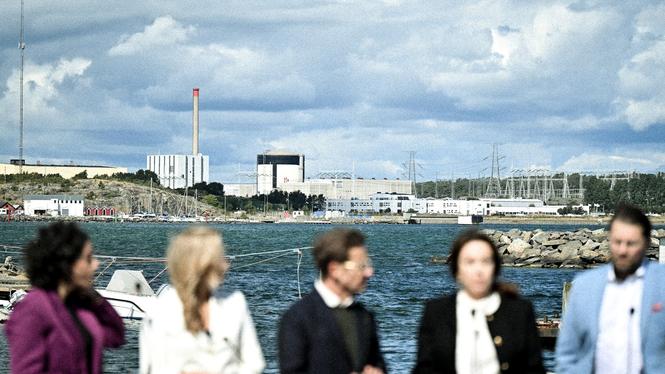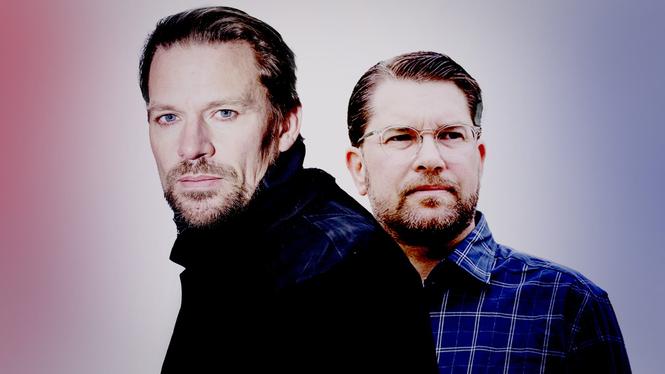Ledare
Andreas Gustavsson: Swedish newspaper Dagens ETC: ”From now on we will reject all fossil-fuel ads”


Dagens ETC
As of today, Dagens ETC will be shutting its doors to adverts promoting fossil fuel-based goods and services. This is crucial for our credibility, and other media outlets should be coming to the same conclusion.Ledarsidan är oberoende med röd och grön politisk färg.

Text
Vill du fortsätta?
Bli prenumerant på Dagens ETC!
Om du redan är det
loggar du in här
.
JUST NU: Prova en vecka utan kostnad
Gör som över 29 000 andra – registrera ett konto på etc.se. Ingen bindningstid – avsluta när du vill.
POPULÄRT VAL: Läs hela hösten
Vill du läsa hela hösten till superpris? Prova 3 månader för 99 kronor. Ingen bindningstid.
Betala per år
Du kan spara upp till 1 109 kr med en årsprenumeration på Dagens ETC.

Text








